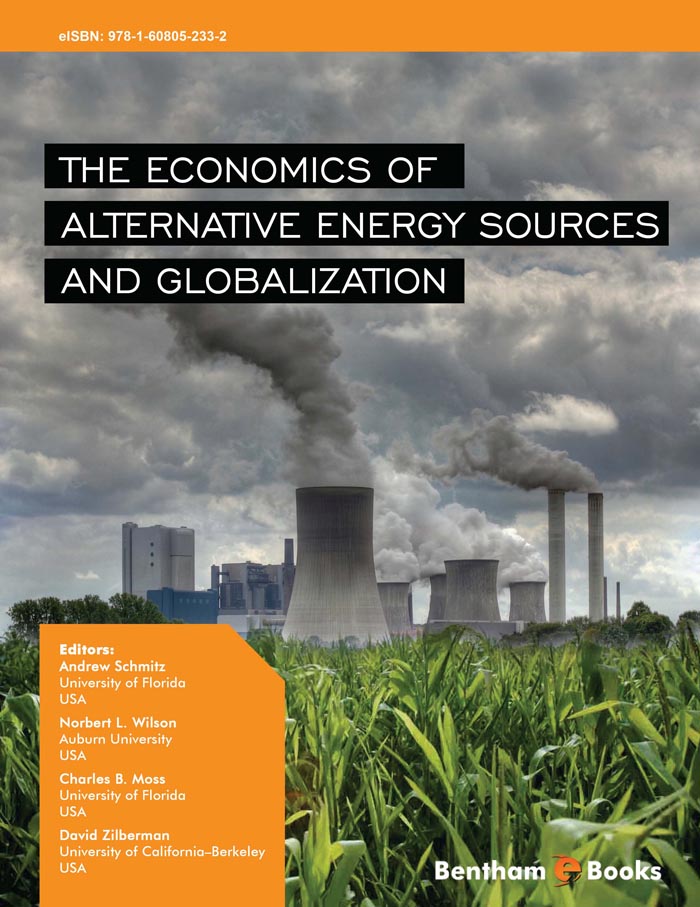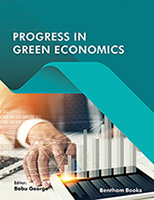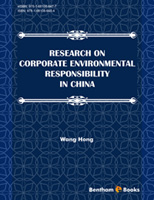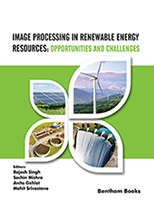According to a national poll released by the Renewable Fuels Now Coalition, 74 percent of Americans believe that using domestically-produced renewable fuels should be increased. In addition, 87 percent maintain that the federal government should actively support the development of a U.S. renewable fuels industry, and 77 percent think that the U.S. Congress should encourage oil refiners to blend more ethanol into their gasoline products. Ranking ethanol for reducing greenhouse gas emission, 75 percent view it as somewhat important and 41 percent view it as extremely important (Schmitz et al., 2010). This volume contains papers that deal with the pros and cons of producing biofuels.
Brazil is a leader in ethanol production, which has been supported by hidden subsidies. The Brazilian government must solve the complex problem of how to deal with the production of both ethanol and sugar from sugarcane production. The demand facing domestically-produced sugar in Brazil is very different from the demand facing ethanol produced from sugar. Because of the state involvement of ethanol production through Petrobras, Brazil has the capability to price discriminate between the sugar versus ethanol market.
Sugar production in Brazil could double by 2020, and ethanol production could triple. Exports of ethanol could increase five-fold. Also, bioelectricity could expand by 12 percent. If these results are achieved, Brazil's record will indeed be impressive. There are investments which could make this forecast a reality. These include Bunge, Inc. investing in sugar mills in Brazil, and the Royal Dutch Shell partnership with the Brazilian ethanol group Cosan. These firms have formed a joint venture in Brazil to produce ethanol, sugar, and power, and to supply, distribute, and sell transportation fuels.
In the United States, regardless of those who are highly critical of producing ethanol from corn, ethanol production may continue to rise. There are many reasons for this, including the 2010 Gulf of Mexico oil spill, extended government subsidies, and higher prices for crude oil and petroleum products. The beginning of 2010 marked record ethanol production, with the U.S. Energy Information Administration (EIA) citing more than 800,000 barrels being produced daily in January alone. The EIA also reported U.S. ethanol demand to be around 780,000 barrels per day (also record breaking amounts), and imports of ethanol in January 2010 estimated around 1.4 million gallons. In addition, the United States is considering increasing the ethanol-fuel blend ratio from 10 to 15 percent. Significant campaigns have been launched supporting ethanol production. On April 12, 2010, the ethanol lobby group Growth Energy and POET, the nation's largest ethanol producer, each launched a national campaign supporting ethanol production. One ad even says that "no beaches have been closed due to ethanol spills" while another declares that "no wars have ever been fought over ethanol". In addition, the United States is calling for the increased use of advanced biofuels in all U.S. naval vehicles, planes, and ships.
Ethanol production is also heavily dependent on government subsidies. The United States has extended federal tax credits and tariffs through 2015. The Renewable Fuels Association contends that if the ethanol lenders' credit were removed, thousands of jobs would be lost. Domestic ethanol production would decrease roughly by four billion gallons, which is the equivalent of closing two out of every five ethanol plants. It would also potentially decrease corn prices by roughly eight percent, or 30 cents per bushel. The American Farm Bureau Federation has argued that long-term extensions of ethanol tax credits are needed to boost renewable technologies and to support development of the market infrastructure necessary to make biofuels technology more competitive.
Professor Andrew Schmitz
Food and Resource Economics Department
University of Florida









